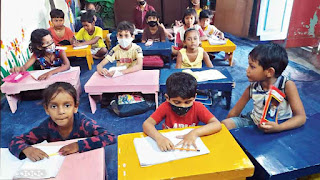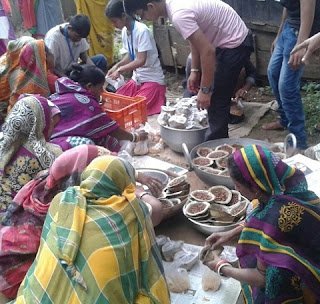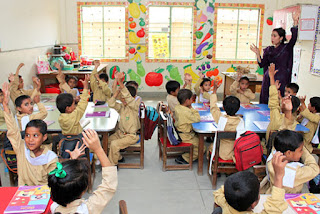How To Make Your NGO Work for Education ?
Introduction
In today’s world, education is a fundamental right that every child deserves. Unfortunately, many children around the globe still lack access to quality education. This is where Non-Governmental Organizations (NGOs) play a crucial role. NGO work for education can make a significant impact by bridging the educational gap. In this article, we will explore how to make your NGO work effectively for education, step by step.
Why Education Matters
Before we delve into the strategies for making your NGO effective in the field of education, let’s understand why education matters so much. Education empowers individuals, reduces poverty, and fosters social development. It is a pathway to a brighter future for individuals and societies as a whole.
Define Your Creating a Vision Mission and Goals
To make your NGO work for education, you must first define a clear mission and set of goals. Your mission should reflect your commitment to education, while your goals should outline what you aim to achieve.
Identify Target Demographics
Determine the specific demographics you want to serve. Are you focusing on underprivileged children, girls’ education, or adult literacy programs? Identifying your target audience will help you tailor your efforts effectively.
Ensure your NGO is legally registered and compliant with all local regulations. This step is essential for credibility and transparency.
Fundraising and Resource Allocation
Establish sustainable fundraising strategies to secure the necessary resources for your educational initiatives. Allocate funds wisely to maximize impact.Collaborate with local schools and educational institutions to create a supportive network. This can provide access to facilities and expertise.
Recruit dedicated volunteers and educators who share your passion for education. Their involvement can significantly enhance ngo for child education.
Implementing Educational Programs
Design a well-structured curriculum tailored to the needs of your target audience. Ensure it aligns with national educational standards.Accessible Learning Materials
Provide students with access to textbooks, stationery, and digital resources. Accessible learning materials are essential for effective education.Conduct regular assessments to track the progress of your educational programs. Use the data to make necessary improvements.
Impact Measurement Parent and Community Involvement
Measure the long-term impact of your ngo for child education efforts. This involves tracking students’ success stories and their contributions to societyInvolve parents and the local community in educational activities. Their support can enhance the learning environment.Raise awareness about the importance of education in the community through campaigns and workshops.
Conclusion
In conclusion, making your ngo for child education is a noble and impactful endeavor. By defining a clear vision, building strong foundations, collaborating with key stakeholders, implementing effective programs, and engaging the community, your NGO can contribute significantly to improving education access and quality. Remember, education is the key to a brighter future for all.
FAQs
How can I start an NGO for education?
Starting an NGO for education involves legal registration, mission definition, and fundraising. It’s essential to have a clear plan and a dedicated team.
What are some successful examples of educational NGOs?
Organizations like “Room to Read” and “Teach for All” have made remarkable contributions to education globally.
How can I attract volunteers to my educational NGO?
You can attract volunteers by sharing your mission, utilizing social media, and collaborating with local universities and communities.
What challenges do educational NGOs face?
Educational NGOs often face challenges related to funding, resource allocation, and maintaining long-term sustainability.
How can I measure the impact of my NGO’s educational programs?
Impact measurement involves tracking students’ progress, success stories, and their contributions to society over time.




Comments
Post a Comment